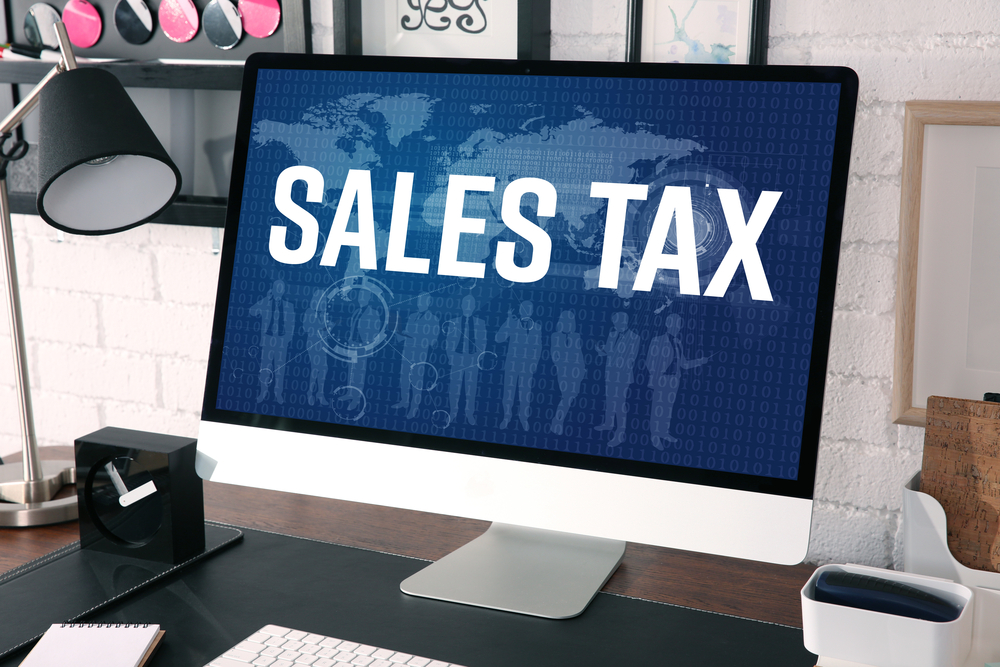Taxes can be confusing for new business owners, and it’s even harder to find good information on the internet.
We’ve gathered six important things you need to know about sales tax as a business owner, whether you’re starting a business or looking to expand your current one.
1. What is sales tax?
Sales tax is a percentage of the price of an item that must be paid to local and state governments by the seller of the item.
It is not, as it is often assumed to be, a tax paid directly by customers.
Sales tax is collected from most people who purchase items in the United States with some exceptions, such as buying most necessities or qualifying purchases which include food and medicine.
2. Who has to pay sales tax?
Everyone who lives in a state where sales tax is required has to pay sales tax.
Also Read
Additionally, if you’re selling items online or through mail order you will need to collect and send money for the appropriate local and state governments.
If you live in a place that doesn’t require sales tax, then you do not need to pay sales tax when selling items.
3. When you need to charge sales tax
You must begin collecting and submitting sales taxes if your business meets any one of the three following criteria:
- Your primary place of business is in a state that requires local and/or state government-issued permits in order to collect and submit taxes (such as, for example, New York and California)
- You have $100,000 or more in annual gross receipts from your business
- Your primary location is not in a state that requires permits but you are selling taxable items online or through mail order to customers within the states that require sales tax
4. How much do I have to charge for my items that are taxable?
You must charge the appropriate sales tax percentage on each item you sell, not including shipping or handling charges.
For example, if an item costs $100 and your local sales tax is 6 percent, you would charge $106 to the customer.
There are some exceptions for certain products, such as food and medicine.
5. Where do I send the money from my business’s profits?
Once you have collected sales tax from customers, you must submit it to your state and local governments through a process called “remitting”.
There are different ways in which you can remit your tax, though in most cases you will use a state’s website.
The common methods of remitting are e-filing, direct deposit, or by check/money order.
6. What if I don’t collect any taxes from customers on a purchase? – what happens then…
If you do not charge your customer sales tax and they discover this before filing a complaint with the state, you can avoid any penalties by filing a sales tax “under-collection” report.
This only applies to businesses that are located in states where sales taxes are required and who neglect to charge a customer for a purchase’s corresponding tax.
Under no circumstance should a business owner ever try to conceal income in order to avoid paying taxes, as this may result in serious fines and penalties.
Conclusion
If you need to know more about sales tax or would like to learn more about state-by-state regulations, visit the Federation of Tax Administrators’ website.
Alternatively, for individual sales tax help, you can contact the professionals at TaxConnex.
